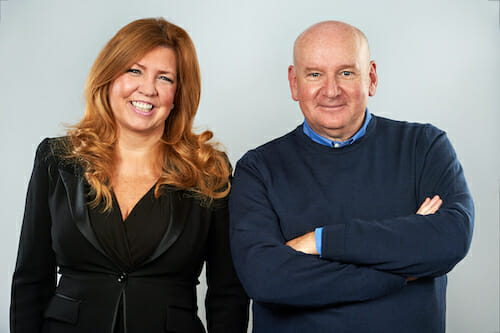Everyone reading this piece has been to school. Some will have been through colleges, universities and subsequent courses. Education is good, right? Of course it is. It’s certainly better than ignorance and stupidity. But it changes us in a one-size-fits-all way that doesn’t necessarily prepare us for modern leadership.
If we want to understand why leadership is failing, we need to realise the inherent faults in the education system itself. Formal education prepares us thoroughly to pass academic exams, but not to lead people. Leaders need to have empathy; they need to collaborate and to teach others, and they need to be consistent and often endure difficult times with no other support. This needs determination. They need imagination to see problems and potentialities that others can’t. They need humility and integrity. What do all these qualities have in common? Three things.
Firstly, you can’t ‘do’ any of them. They’re all words that go with the verb, to ‘be’. You can’t do consistent. You can only be it. You don’t need to tear up your ‘to do’ list, but you could add a ‘to be’ list, alongside. You won’t ever get to the end of a ‘to be’ list because it’s an infinite task. Come to think of it though, you never get to the end of your ‘to do’ either, do you? That’s why I called my new book The Infinite Leader. It talks about balance and the need for leaders to bring together seemingly irreconcilable goals.
Moxtra CTO: ‘The number 1 IT leadership skill I look for in a team hire’
Secondly, all of these things are entirely subjective. There are no scales or marks or measures for determination or empathy. There’s no box you can tick. No right answer at the back of the book. You can’t take an exam to test how loyal you are or measure how much humility you have. These qualities are all relative. Consequently, there’s no universal system for scoring. But you know it when you see it, nonetheless.
Thirdly, none of these qualities are taught in schools, universities, business schools, etc. for all the reasons listed above. There are just no marks for them. So, when we get these qualifications, they are only literally that. A piece of paper that says that you know how to do leadership. It’s a bit like a driving test. How many people only really learn how to drive after passing their test? Not everything is written down in The Highway Code.
Our education system thus emphasises the supremacy of the individual and not the team. This is one of the major faults in leadership. There’s too much emphasis on the ‘leader’ and not enough on the ‘ship’. It fits with our Judeo-Christian model of leaders. Jesus becomes Jobs. Moses becomes Musk. It’s time we moved on from this overly individualistic, overly male, overly ego-centric view, where we confuse confidence with competence. The two are not the same.
10 tips to push past your leadership comfort zone: Women in IT Award winners share
The number of leadership failures is increasing, and this should be a ‘Chief Brodie on the beach’ moment in Jaws — a dolly zoom realisation that leadership must change, or risk a collapse of confidence.
The environment we work in is becoming ever more volatile. This creates overload and stress. The leader’s job is therefore to be balanced at the centre of the extremes. This is so they move quickly to rebalance. The fastest way to counterbalance is always movement from the centre.
In our increasingly technology-driven world, leadership can be under great pressure to measure things, to gather data and analyse it. But human beings can still do things that computers can’t. They can see patterns, sense atmospheres, worry about things unseen, empathise with people. Good leaders know how to use technology to free up their times so that they have more time not less for these vital tasks. Not everything that counts can be counted by technology. In the same way, not everything that can be counted, counts.











